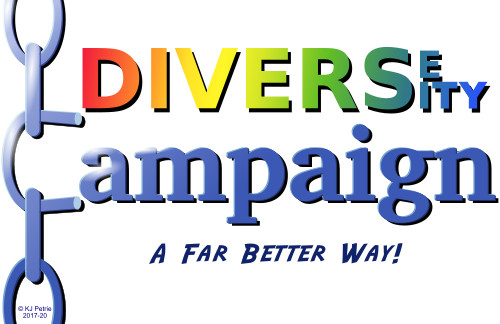Opinion
1st April 2022
Turns, turns, and Freedom
The 360 degrees through which the government has turned over the past 24 hours would be comical if there were no danger to a free democratic society involved. However, the vagueness of the definition of “Conversion Therapy” causes grave worries for both lovers of political freedom and genuine therapists who might want to help people work through issues.
Of course, it should go without saying people should be protected from coercion or harrassment. That is obvious. Nobody should be taken aside and confronted against their will by people telling them they must change their beliefs or feelings or seeking to pressure them into going against their conscience. Any rational counsellor or therapist would recognise people cannot be forced to change. A client must first believe they have a problem and secondly desire to change it. So people must always be protected against any so-called therapy imposed against their will.
However, a problem would arise if the law intervened within a consensual relationship in which a client sought help in working through issues he or she did not fully understand. Of course, true counselling is always centred around the client’s perceptions and guides the client to explore feelings more deeply, guided by where that goes in the individual case. A counsellor who tries to impose his or her own perspective on a client is always more of a menace than a help.
However, it would equally be a menace if the law constrained the direction in which the exploration might venture or the counsellor feared probing an area more deeply for fear of prosecution. Clearly, such a law would need very accurate definition to avoid risks to genuine self-examination. While a law preventing abuses or bad practice should be welcomed, one prescribing or proscribing diagnosis or remedy should not. Every case is different because every individual is unique and has experienced unique circumstances.
It is because we are all different people we all have different needs, and it should be for professionals rather than political activists to determine the needs of an individual patient or client, in accordance with that person’s understanding (unless the person lacks capacity through serious illness or impairment).
I would argue the real problem here is not the direction in which therapy might go, but the need to ensure counsellors and psychotherapists are properly qualified and regulated as a profession to protect the public against malpractice. That is where the real weakness in the law is. Without proper regulation of the profession we cannot be surprised if malpractice abounds.
A threat to democracy would arise less directly unless the law were really poorly drawn up. Mainly, it would be from the further cementing into legal definition of ideas not demonstrated beyond wishful thinking by any sound analysis. Critical Thinking expressed through Free Speech is a pre-requisite for the advancement of knowledge and for an informed electorate, and democracy depends on an informed electorate. Without an informed electorate demogogues can persuade people to vote for their own ideas without challenge. We have seen where that has led in despotic regimes through recent history and around the world. Truth cannot be legislated into existence, whatever Vladimir Putin might think. Truth can only be discovered, and then only with caveats, through critical analysis of all available information, ideally from multiple sources. Without truth, the electorate cannot know how to vote. That is why the current trend towards lazy thinking and condemnation of those who challenge the consensus is fundamentally detrimental to a free and fair society. Democracy depends on not just Free Speech, but Critical Thought. Free Speech without Critical Thought can degenerate into lies. Critical Thought without Free Speech cannot be expressed. A healthy society needs both.
Any new law must protect them both.

